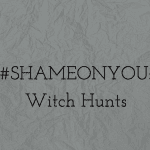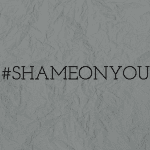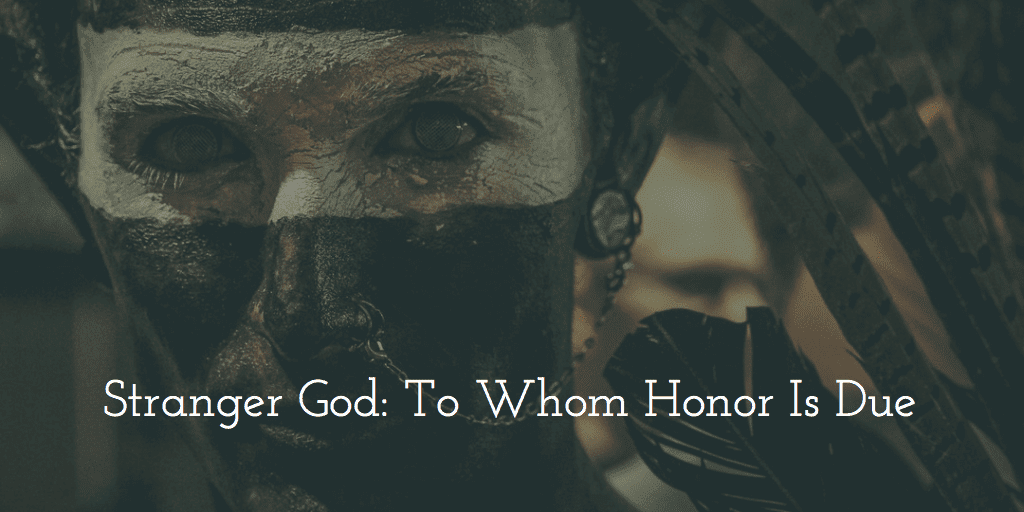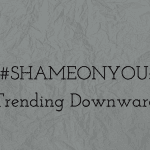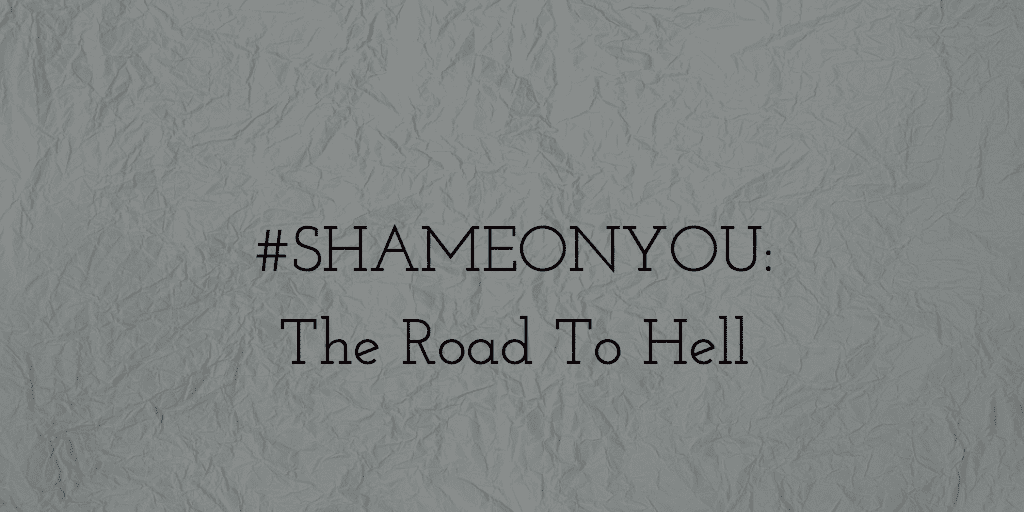 In 2013, two guys were at a tech conference, they worked together and they were friends, but they were also both shy and had social anxiety so they kept to themselves.
In 2013, two guys were at a tech conference, they worked together and they were friends, but they were also both shy and had social anxiety so they kept to themselves.
During one of the conference presentations, one of these guys, Hank, whispered a slightly off-color joke to his friend, and as they were giggling to each other the woman in front of them stood up and took their picture.
Her name was Adriana, and she later said that she knew that they were making jokes like that because they were feeling anonymous in the crowd and so she made them not anonymous.
She would comment later about this moment on her blog that it takes two words to make a difference. “Not cool”
So she took their picture and walked away.
A few minutes later two security guys came and threw them out of the conference for making a lewd joke.
Hank and his friend were incredibly embarrassed, they quickly complied with security and left. But as they were driving home a terrifying thought occurred to them:”How did the conference security know what we were whispering to each other?”
So they checked social media, and sure enough, there was that picture taken and posted on Twitter reporting their failed attempt at humor and removing the veil of anonymity for all to see.
When they got home, Hank was called into his boss and fired on the spot.
And he cried as he called his wife and told her that he was going to be looking for a job. Hank had three kids and a mortgage and was devastated.
That night he posted a comment on a discussion board making an apology and defending Adriana’s right to call them out on their lewd humor, and then he said as a warning to others, that he had lost his job and in the future he would be careful with his words.
Shaming the Shamers
But here’s where it gets ugly.
When 4chan, another online group heard about what Adriana had done, they decided to do to her what she had done to these two men.
And they ruined her life.
Anonymously they went after her, they sent her the most vile, dehumanizing messages online, they sent her death threats and crashed the website of the company she worked for. And said they would keep attacking it and her reputation until she lost her job as well.
Because they were attacking a corporation’s website, the FBI got involved. And here’s the most bizarre part…when the feds finally caught the people who were doing it, the main one behind it all was a 21 year old minority woman named Mercedes.
And the reason she was doing these horrible things to Adriana was the last one you’d have expected.
She was trying to bring some justice to the internet.
She had been the victim of the “Stop and Frisk” law in NY City, she had been humiliated dozens of times by being frisked in NY for the crime of looking different.
And so she and her friends had taken to the internet, because on the internet she said, “We have power in situations where we would normally be powerless.”
It was a by product of the “Stop and Frisk” rule of NY City that so many victims went to online activism to make a difference.
And she actually thought when doing she was did, ruining this woman’s life for making someone else lose their job, she was making the world a better place.
Trying to Do Something Good
I recently read a book by Jon Ronson called “So You’ve Been Publicly Shamed” and in it a British Journalist tells all these stories and more about the way we, in our attempts to make the world a better place, are actually making it more cruel.
He wants to understand why we use shame so fluently, and why it feels so good but causes so much bad.
At first he thought it was group think that causes us, very normal people, to act so evil.
So Ronson talked to the guards who were in the famous Stanford Prison study. It’s a study that’s become famous about the way that groups can turn evil with just a little bit of power.
The study was run by a psychologist named Philip Zimbardo, who back in the 70’s took 20 college students and made 10 of them guards and 10 of them students.
And he gave the guards power and watched.
But what was supposed to be a 2 week study was cancelled after only 6 days because Zimbardo’s fiance came to visit him and horrified, she asked him “What are you doing?”
Apparently things had gotten so dark so fast that she didn’t even recognize the man she was engaged to
Video and pictures from the study show guards forcing prisoners down on the floor screaming obscenities at them and making them lick the ground, shoving them, and just generally being bad human beings.
Ronson, the author of “So you’ve been Publically Shamed” thought maybe this experiment could shed some light on the ways that we are all so cruel to one another these days, and so he went and interviewed those guards and they, one at a time, told him:
“You’ve got this all wrong. It wasn’t like the study said it was. We weren’t evil, you want to know the truth? We were bored. We just sat around and did our homework and made sure everyone was following the rules for the study. All of the shocking conclusions that came out of that study were really all just one guy misbehaving, and if you wanna know what really happened you need to talk to Eric”
Eric was the one guy who was actually in all the videos and pictures yelling (everyone else was apparently pretty chill).
So Ronson talks to Eric and asked him what his perspective on the Stanford Prison Experiment was.
And Eric told him the same thing, ‘You’ve got it all wrong, we didn’t suddenly become evil. In fact, it was boring!’ Eric reported that he had been there for a few days and nothing was happening so it was then that he decided to liven things up a little.
He had just watched that movie “Cool Hand Luke” and he knew that the professor and graduate students were trying to do something important with this study, so he decided to act like a guard from that movie. Then he said, “I was trying to help. I was trying to do something good.”
After interviewing him, Ronson sent a transcript of his conversation with Eric to two psychologists who said, It doesn’t matter that he was acting, because people who are being bullied don’t know that the person is acting.
But there is a red herring here. A shocking one that should bother everyone who is paying attention.
Notice what Eric said, “I was trying to do something good.”
Lent and Confession
Which brings us to Lent, the season on the Christian Calendar where Christians all over the world lay down their defenses. It’s when we are called to stop blaming everyone around us for the brokenness of the world, and take a good, honest look in the mirror so that we can rightly name all the ways we participate in the suffering of the world.
And today, I’d like to suggest, if you are a Christian you look not to where you are doing bad things, but to the last place you’d expect…where you are trying to do good.
Right before Jesus dies, Jesus warns his disciples about the coming hard times they are about to endure, but none of his warnings are as chilling as this one:
“All this I have told you so that you will not fall away. They will put you out of the synagogue; in fact, the time is coming when anyone who kills you will think they are offering a service to God.” –John 16:1-2
There is so much evil in the world, there is so much wrong with the world, and so much of it is done by normal people who are just trying to do something good.
We all tell ourselves these stories, these self-justifying narratives that make sense to us and left unchecked destroy those around us.
This is why police officers, when they ask men who have beaten their wives or girlfriends consistently find some version of this story just under the surface.
“She was cheating on me, she dis-respected me, and I was trying to save our relationship.”
This is how allies become enemies and victims become monsters.
This is the road to Hell and it’s always been paved with good intentions.
Because we are never quite as bad, as when we think we are being good.

